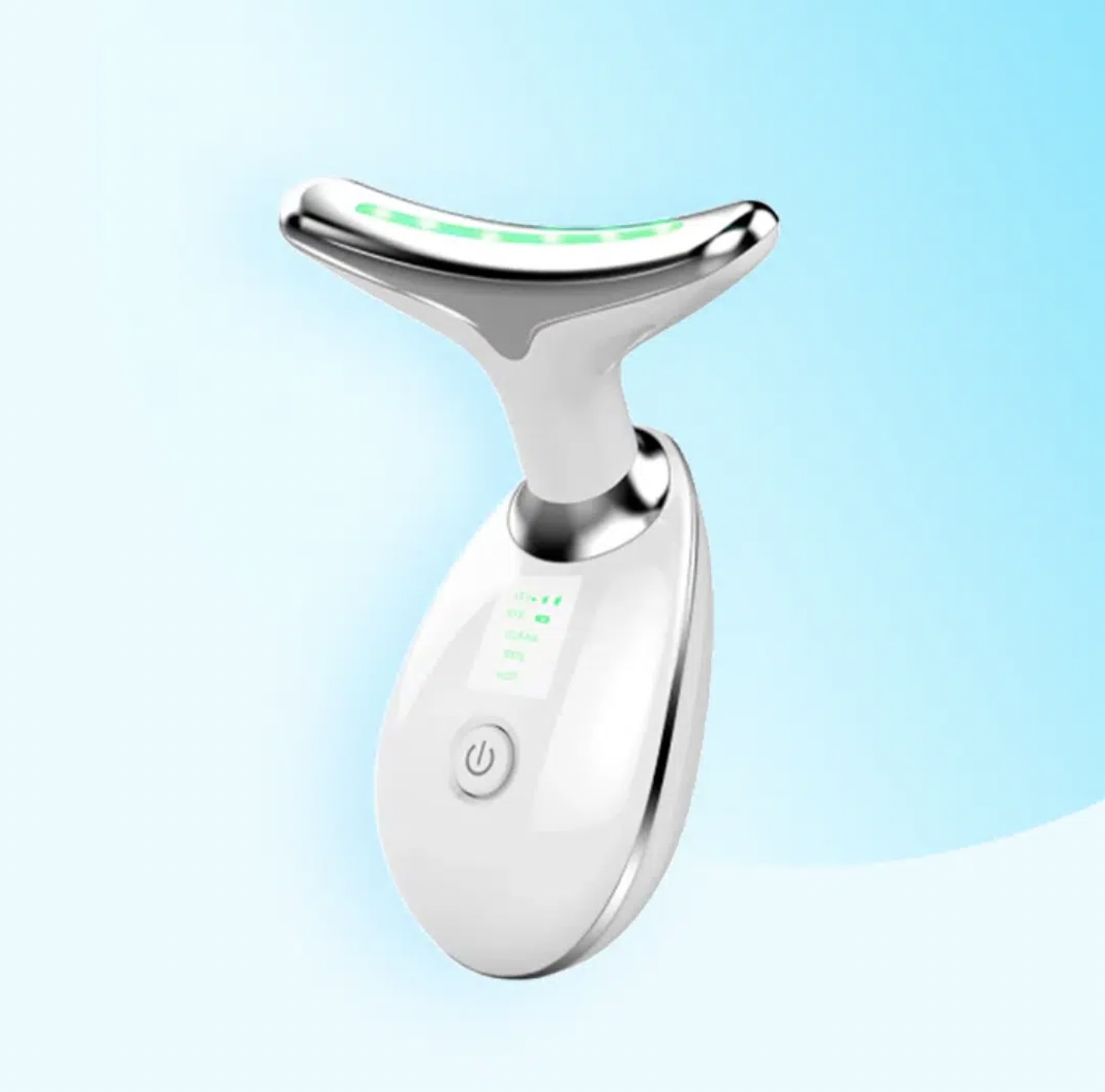In our fast-paced world, where demands and pressures are constant, taking care of your mental health is crucial. We’ve all seen those memes depicting someone in tears with the caption ‘me trying to juggle my social life, finances, career, exercise routine, healthy diet, and sanity all at once.’ These memes resonate because they highlight the unrealistic ideals that often surround mental health upkeep. In this blog post, we will delve into the realm of self-care and stress management, aiming to provide you with simpler and more authentic approaches to navigate life’s many challenges.
Self-Care
What is Self-Care?
Self-care is the proactive, deliberate, and ongoing practice of nurturing your overall well-being. It’s not a one-size-fits-all approach and varies day-to-day based on mental state. Some days it might mean a shower, while others, achieving a personal best in running.
Self-Care in Practice
Tuning In: Self-care starts with self-awareness. Ask yourself:
- What actions improve my short and long-term well-being?
- What rejuvenates me when I’m drained?
- What helps shift my mindset and find balance?
- Are my needs emotional, physical, or something else?
- Am I doing this for myself or to meet external expectations?
Doing What Works: Self-care means making choices aligned with well-being, even when challenging. For instance, skipping the snooze button for a proper morning routine.
Balancing Your Needs: It’s not selfish; it’s about considering your needs in every decision, balancing self-care with responsibilities flexibly.
Holistic Approach: Includes physical, social, mental, emotional, and spiritual well-being practices.
Stress Management
Understanding Stress: Stress can be acute (short-term) or chronic (long-term), each requiring different management strategies.
Acute Stress: Temporary, triggered by specific events like deadlines or arguments.
Chronic Stress: Long-term due to ongoing stressors like job pressures or health issues.
Stress Management in Practice
Identify Stressors: Recognise triggers to address or avoid them.
Set Realistic Goals: Define objectives, e.g., planning for a tight deadline.
Problem Solve: Time management, assertiveness, relaxation, and mindfulness are key strategies.
- Time Management: Organise tasks efficiently, prioritise, and manage workload.
- Assertiveness: Decline extra commitments when necessary and engage in necessary conversations.
- Relaxation: Use techniques like deep breathing or progressive muscle relaxation to soothe the nervous system.
- Mindfulness: Stay present to reduce racing thoughts and enhance well-being.
- Recovery Self-Care: Take breaks or ensure quality sleep during overwhelming periods.
Distinguishing Self-Care from Stress Management: While interconnected, self-care is proactive maintenance, while stress management responds to stress, reducing its impact.
Summing Up
In summary, self-care and stress management are vital for a balanced life. Find what works best for you to create a personalized approach. If stress becomes overwhelming, seek support. You don’t have to navigate this alone. Contact Clarity Health Care for guidance on booking an appointment with our experienced psychologists and clinical psychologists in Fitzroy, Melbourne, and Hobart, Tasmania.
Clarity Health Care offers a range of therapies including:
- Dialectical Behaviour Therapy (DBT)
- Cognitive Behaviour Therapy (CBT)
- Eye Movement Desensitisation & Reprocessing (EMDR Therapy)
- Acceptance Commitment Therapy (ACT)
- Schema Therapy
- Motivational Interviewing
- Family and Couples Therapy
Remember, prioritising mental health through self-care and stress management is a journey towards a healthier and more fulfilling life. Take the first step today.






